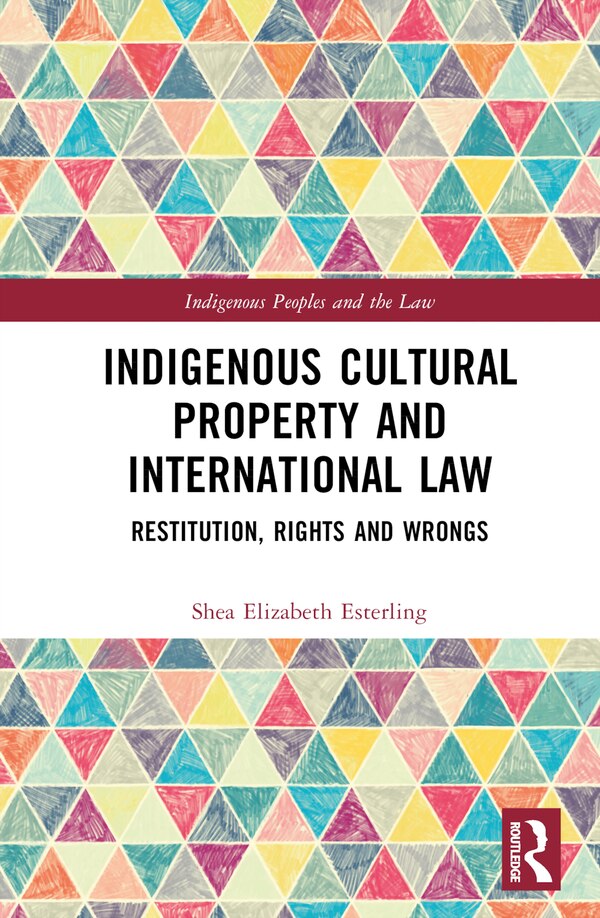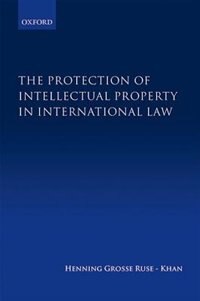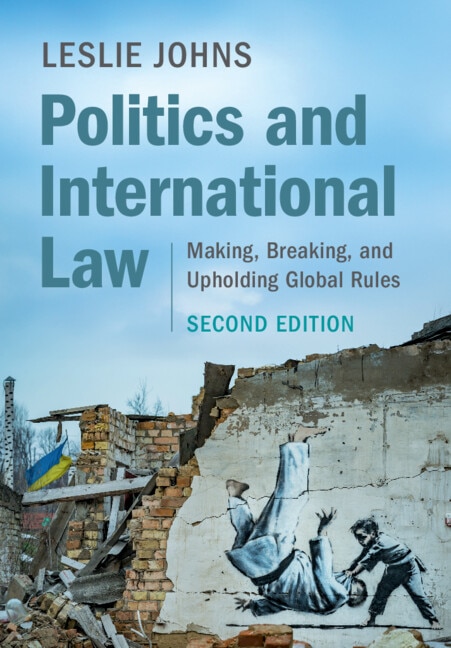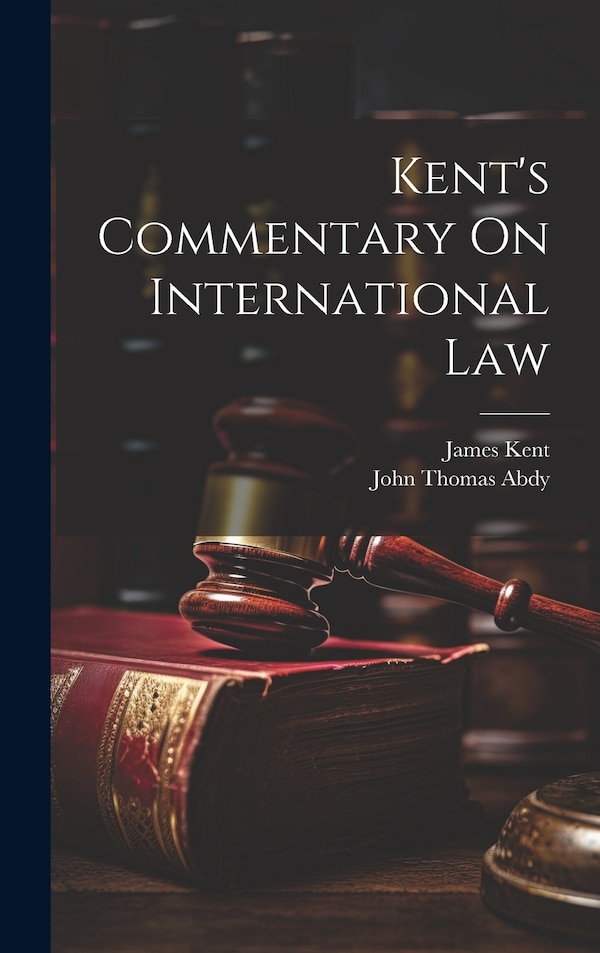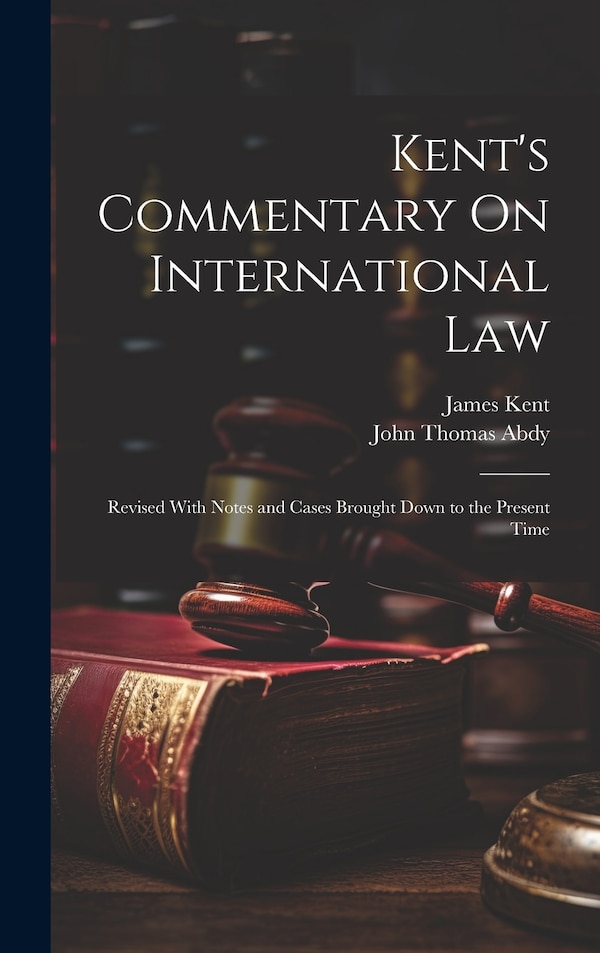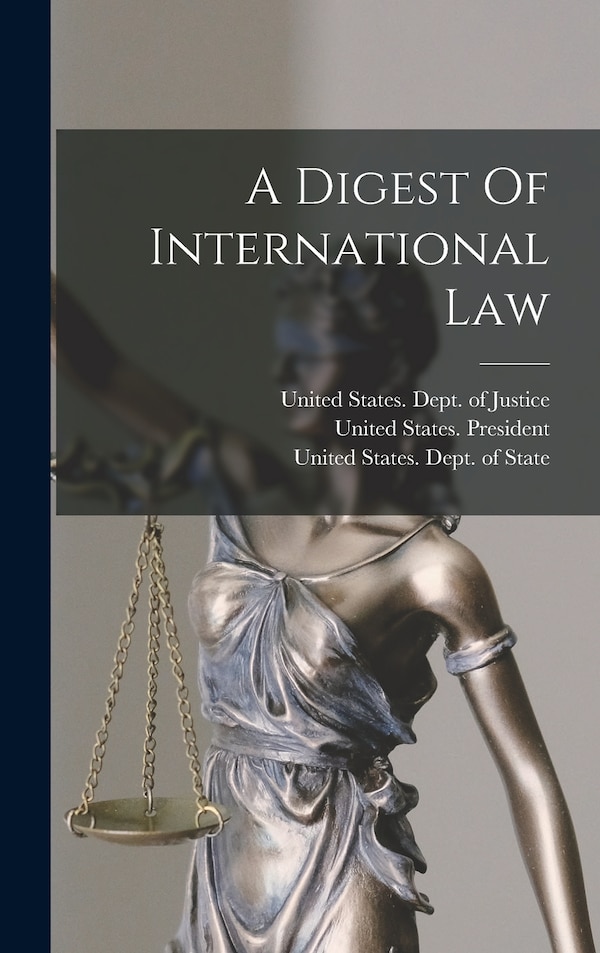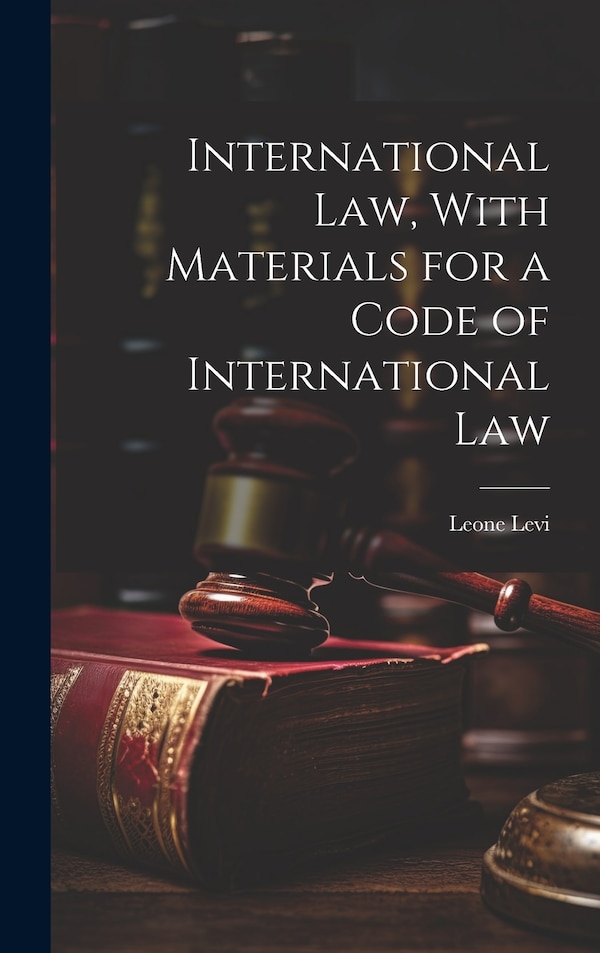
Give the Gift of Choice!
Too many options? Treat your friends and family to their favourite stores with a Bayshore Shopping Centre gift card, redeemable at participating retailers throughout the centre. Click below to purchase yours today!Purchase HereHome
The International Law of Property by John G. Sprankling, Hardcover | Indigo Chapters
Coles
Loading Inventory...
The International Law of Property by John G. Sprankling, Hardcover | Indigo Chapters in Ottawa, ON
From John G. Sprankling
Current price: $229.16


From John G. Sprankling
The International Law of Property by John G. Sprankling, Hardcover | Indigo Chapters in Ottawa, ON
Current price: $229.16
Loading Inventory...
Size: 25.4 x 234 x 798
*Product information may vary - to confirm product availability, pricing, shipping and return information please contact Coles
Does a right to property exist under international law? The traditional answer to this question is no: a right to property can only arise under the domestic law of a particular nation. But the view that property rights are exclusively governed by national law is obsolete. Identifiable areas ofproperty law have emerged at the international level, and the foundation is now arguably being laid for a comprehensive international regime. This book provides a detailed investigation into this developing international property law. It demonstrates how the evolution of international property lawhas been influenced by major economic, political, and technological changes: the embrace of private property by former socialist states after the end of the Cold War; the globalization of trade; the birth of new technologies capable of exploiting the global commons; the rise of digital property; andthe increasing recognition of the human right to property. The first part of the book analyzes how international law impacts rights in specific types of property. In some situations, international law creates property rights, such as rights in aboriginal lands, deep seabed minerals, and satellite orbits. In other areas, it harmonizes property rights thatarise at the national level, such as rights in intellectual property, rights in foreign investments, and security interests in personal property. Finally, it restricts property rights that may be recognized at the national level, such as rights in celestial bodies, contraband, and slaves. The secondpart of the book explores the thesis that a global right to property should be recognized as a general matter, not merely as a moral precept but rather as an entitlement that all nations must honour. It establishes the components of such a right, arguing that the right to property at theinternational level should be seen in the context of five key components of ownership: acquisition, use, destruction, exclusion, and transfer. This highly innovative book makes an important contribution to how we conceptualize the protection of property and to the understanding that much of this protection now takes place at the international level. | The International Law of Property by John G. Sprankling, Hardcover | Indigo Chapters
Does a right to property exist under international law? The traditional answer to this question is no: a right to property can only arise under the domestic law of a particular nation. But the view that property rights are exclusively governed by national law is obsolete. Identifiable areas ofproperty law have emerged at the international level, and the foundation is now arguably being laid for a comprehensive international regime. This book provides a detailed investigation into this developing international property law. It demonstrates how the evolution of international property lawhas been influenced by major economic, political, and technological changes: the embrace of private property by former socialist states after the end of the Cold War; the globalization of trade; the birth of new technologies capable of exploiting the global commons; the rise of digital property; andthe increasing recognition of the human right to property. The first part of the book analyzes how international law impacts rights in specific types of property. In some situations, international law creates property rights, such as rights in aboriginal lands, deep seabed minerals, and satellite orbits. In other areas, it harmonizes property rights thatarise at the national level, such as rights in intellectual property, rights in foreign investments, and security interests in personal property. Finally, it restricts property rights that may be recognized at the national level, such as rights in celestial bodies, contraband, and slaves. The secondpart of the book explores the thesis that a global right to property should be recognized as a general matter, not merely as a moral precept but rather as an entitlement that all nations must honour. It establishes the components of such a right, arguing that the right to property at theinternational level should be seen in the context of five key components of ownership: acquisition, use, destruction, exclusion, and transfer. This highly innovative book makes an important contribution to how we conceptualize the protection of property and to the understanding that much of this protection now takes place at the international level. | The International Law of Property by John G. Sprankling, Hardcover | Indigo Chapters
